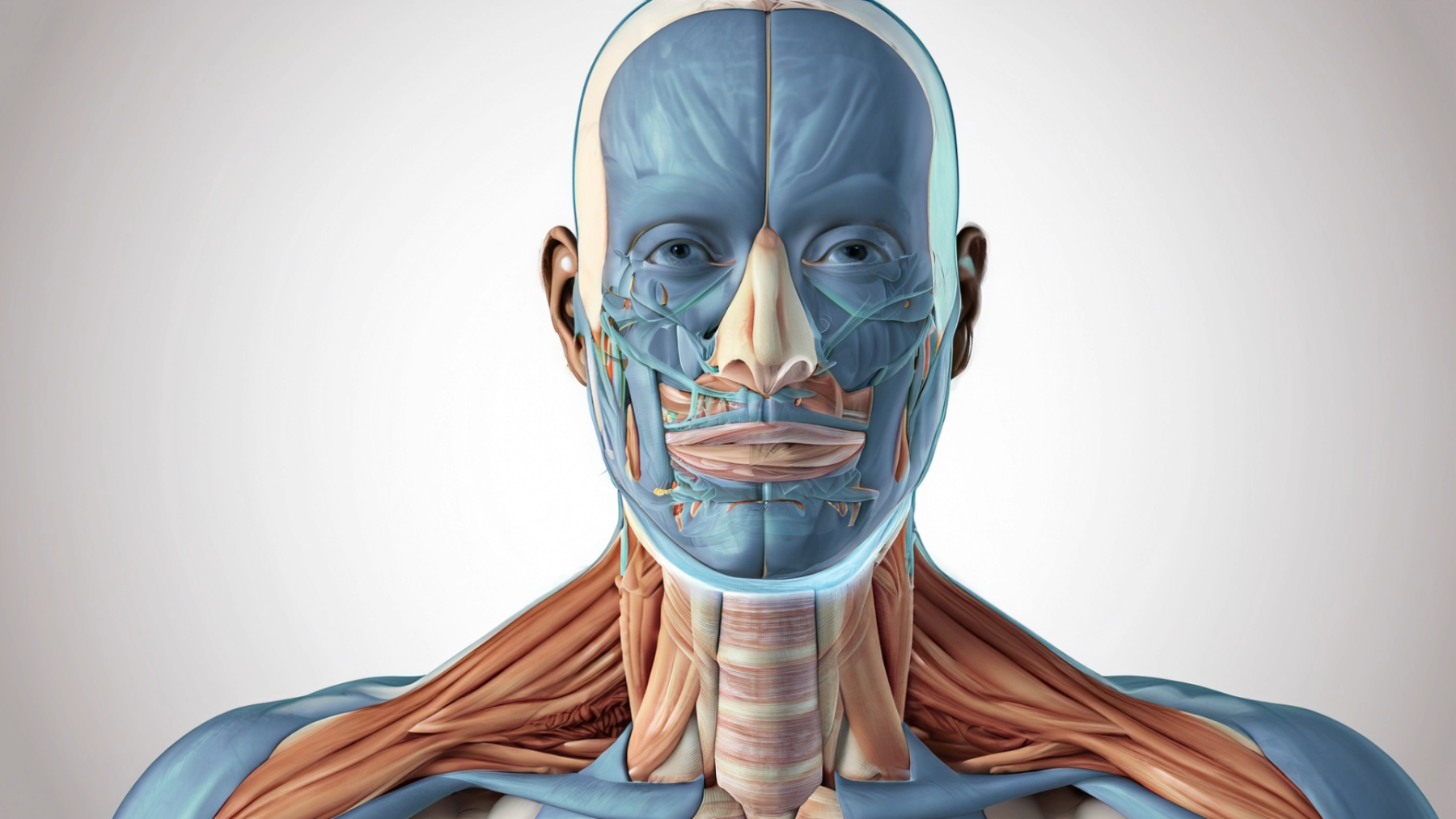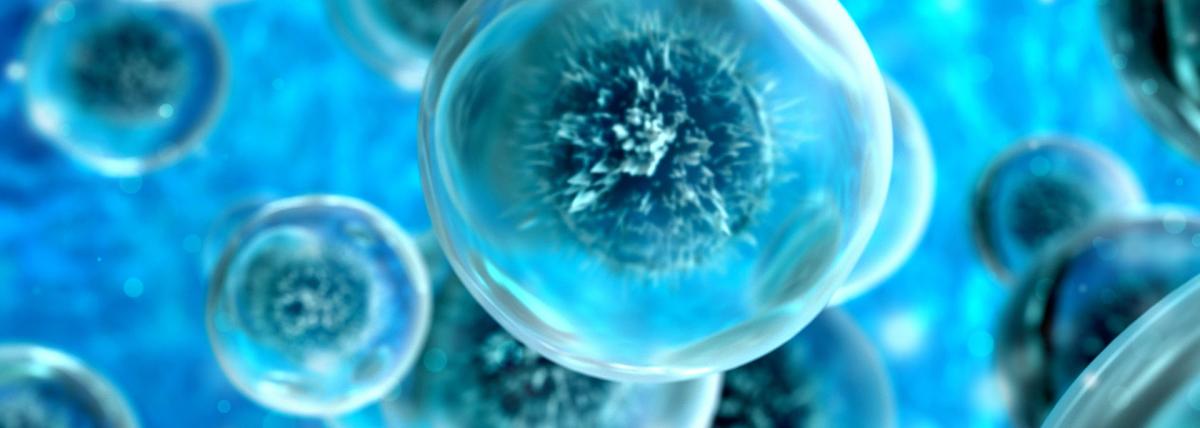
I'm Too Hot to Learn
by Leslie Gudger
Human cells function best within a specific temperature range. Recent scientific data has shown that extreme high temperatures can have detrimental effects on our cells. In fact, repeated exposure to extreme heat (like the 31 consecutive days of 110-plus degree weather we endured in 2023) can damage brain cells, cause inflammation in the brain, and exhaust cognitive reserve. How do we expect our students to gain and retain information under this steadily changing environment? Students will be conducting research on this scientific concept and creating a video to show their findings.
Lesson Grade Level
7th GradeLesson Plan Link/URL
https://docs.google.com/presentation/d/1F3bmMOpqqZUP8GVj-qLRIrPkKyE2ehRo/edit?u…Subject Area
Science Life Science L1: Cells Technology 1. Empowered Learner 3. Knowledge Constructor 6. Creative Communicator English Language Arts (ELA) Reading (Informational Text) Speaking & Listening
Featured
Off
Related Content

Grades:
7th Grade
This lesson provides an overview of the differences between living and nonliving things. Students will be asked to compare and contrast living and nonliving things and describe the characteristics of

Grades:
3rd Grade
Within eight 60 minutes class periods Design a native, pollinator friendly garden with the help of a local gardener/master gardener. Students work together to create a classroom garden, monitor plant

Grades:
Kindergarten, 1st Grade, 2nd Grade, 3rd Grade
Students will participate in a hands-on scientific experiment that addresses the question: "Can you grow plants without seeds?" To further explore this concept, students will actively listen to a read